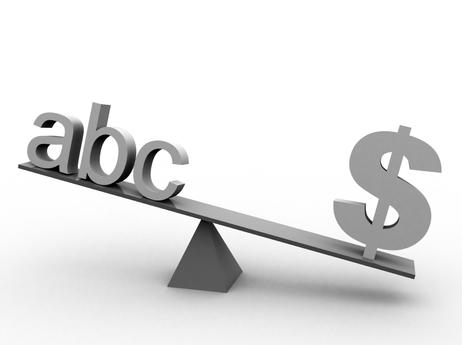It’s no secret that Americans are lagging behind other industrialized nations in terms of attaining a post-secondary degree. Losing the brain battle is concerning in and of itself, however, many politicians are also concerned about a workforce that may not have the necessary knowledge and skills to compete in the global market. To address this issue, legislators in some states are proposing plans that would make tuition at public community colleges free for all students, regardless of income.
Advantages of Zero-Tuition Programs
Clearly, free tuition makes college much more affordable for students. At a time when college tuition costs are higher than ever, being able to take advantage of such savings could encourage untold numbers of college hopefuls to enroll in classes at their local community college. Of course, with a college education comes improved knowledge, an expanded skill set, and better marketability for jobs.
Additionally, getting young people to go to college is a means to reverse the trend of income inequality in this country. With more and more of the nation’s wealth concentrated in the hands of a few, getting a college degree can help improve the economic situation of millions of young people that are the future of this country’s workforce. The better educated they are and the more skills they have, the more in-demand they will be and the more money they will make. As a result, upward mobility becomes much easier and the middle class expands.
This video asks if free college is as good as it sounds?
Furthermore, providing a tuition-free education addresses, at least in part, the education debt crisis the nation currently finds itself in. According to American Student Assistance, a non-profit, non-partisan organization that helps empower students to manage and successfully repay their college debts, as of 2014, total student loan debt in the United States is near $1 trillion. As of the 2011-2012 school year, the average debt carried by a college graduate stood at just over $24,000. Beginning one’s adult life with crushing debt is not the way to get ahead in life. Tuition-free programs would help eliminate some of the need to take on student loans and help graduates enter the workforce without such a financial burden.
Disadvantages of Zero-Tuition Programs
Some state proposals, like Tennessee’s, would provide free tuition to any high school graduate, regardless of their GPA, ACT or SAT scores, or overall preparation to be a college student. While some students that did not perform well in high school flourish in college, the idea that anyone can get free tuition seems to critics like a good way to flush money down the drain.
An additional concern over free tuition programs is that they could funnel students away from the public and private four-year institutions. While community college is an excellent place for many students to begin their post-secondary education, some students would not be academically challenged in that environment. That isn’t a critique on the level of intellectual stimulation available at community colleges, so much as it is a commentary on academic appropriateness. For example, a top-notch student who seeks to study nuclear physics probably doesn’t need to spend two years at a community college getting her general requirements out of the way. Instead, she would be better-served diving right into an undergraduate program at a four-year institution.
In this video, PBS examines how successful free tuition programs are.
And then there’s the issue of who would pay for all this free tuition. Some fear that these programs would lead to higher taxes, further burdening the poor, working and middle-class families that these tuition-free programs are supposed to help. The Tennessee plan would use reserves from the state’s lottery earnings to establish an endowment for the program. The initial sum of $300 million seems like a lot, but considering the number of students that would qualify for the program and the high cost of tuition, the money could very well run out sooner rather than later.
Past Attempts at Free Tuition
California offered free tuition at its community colleges through the mid-1980s. However, that program eventually ended as a fiscal crisis deepened in that state. Critics argue that today’s proposals are no different than the California system and question whether states have the ability to fulfill such promises. Given that states are spending less on higher education, combined with the devastating toll the recent Great Recession had on the economy, these concerns are well-founded.
This video offers another take on how successful free colleges are.
Free tuition programs are an exciting way to encourage students to continue their education after high school. Providing a means for upward mobility is part of the American dream for which we all hope. Yet, the development of these programs requires purposeful planning to ensure that this “free” money is utilized in the best possible way. If steps aren’t taken to ensure the viability of these programs, they may very well follow the path of California’s long-gone free tuition system.
Questions? Contact us on Facebook. @communitycollegereview















